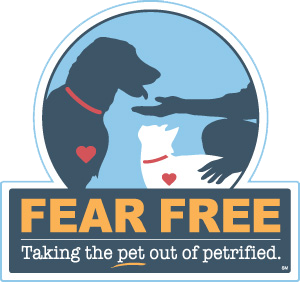Toxic Food and Plants
Bold wording indicates that a substance is especially dangerous and can be fatal.
Toxic Food:
Just because we eat it, does not mean our pets can.
- Bones
- Greasy poultry skin
- Gravies and sauces
- Alcohol
- Almonds
- Apricot
- Caffeine
- Cherry
- Chocolate
- Choke cherry (unripe berries)
- Elderberry (unripe berries)
- Garlic
- Grapes
- Onions
- Peaches
- Potato leaves and stems
- Rhubarb leaves
- Tomato leaves and stems
Toxic plants:
Keep your pets out of the vegetable and flower patches
- Amaryllis bulb
- Anthurium
- Autumn crocus (Colchicum autumnale)
- Azalea (entire rhododendron family)
- Begonia
- Bird of Paradise
- Bittersweet
- Bleeding heart
- Boxwood
- Bracken fern
- Buckeye
- Buttercup (Ranunculus)
- Caladium
- Calla lily
- Castor bean
- Chinese sacred or Heavenly Bamboo
- Chrysanthemum
- Clematis
- Crocus bulb
- Croton (Codiaeum sp.)
- Cyclamen bulb
- Delphinium, larkspur, monkshood
- Dumb cane (Dieffenbachia)
- English ivy (all Hedera species of ivy)
- Fig (Ficus)
- Four-o’clock (Mirabilis)
- Foxglove (Digitalis)
- Hyacinth bulbs
- Hydrangea
- Holly berries
- Iris corms
- Jack-in–the-pulpit
- Jimson weed
- Kalanchoe
- Lantana
- Lily (bulbs of most species)
- Lily-of-the-valley
- Lupine species
- Marijuana or hemp (Cannabis)
- Milkweed
- Mistletoe berries
- Morning glory
- Mountain laurel
- Narcissus, daffodil (Narcissus)
- Oleander
- Pencil cactus/plant (Euphorbia sp.)
- Philodendron (all species)
- Poinsettia
- Potato leaves and stems
- Rhubarb leaves
- Rosary pea (Arbus sp.)
- Scheffelera (umbrella plant)
- Shamrock (Oxalis sp.)
- Spurge (Erphorbia sp.)
- Tomato leaves and stems
- Yew
Reference: American Animal Hospital Association 1997
For more information, contact The ASPCA Animal Poison Control at 1-888-426-4435 or visit their website ASPCA Animal Poison Control for advice.
Follow Us On 

FUNFACT:
French poodles did not originate in France. Poodles were originally used as hunting dogs in Europe. The dogs’ thick coats were a hindrance in water and thick brush, so hunters sheared the hindquarters, with cuffs left around the ankles and hips to protect against rheumatism. Each hunter marked his dogs’ heads with a ribbon of his own color, allowing groups of hunters to tell their dogs apart.






